Hannah Thomasy in The Scientist:
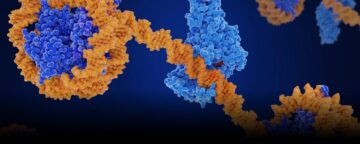 In 2015, scientists made a surprising discovery about physiologically normal human skin: More than 25 percent of cells carried genetic mutations known to cause cancer and the average number of mutations per cell was similar to the burden observed in many tumors.1 This research demonstrated that while genetic mutations are critical drivers of cancer development, other factors also play key roles. Indeed, scientists are increasingly finding that epigenetic factors, which do not change the genetic code but can drastically alter gene expression, are important for cancer risk and resilience as well.
In 2015, scientists made a surprising discovery about physiologically normal human skin: More than 25 percent of cells carried genetic mutations known to cause cancer and the average number of mutations per cell was similar to the burden observed in many tumors.1 This research demonstrated that while genetic mutations are critical drivers of cancer development, other factors also play key roles. Indeed, scientists are increasingly finding that epigenetic factors, which do not change the genetic code but can drastically alter gene expression, are important for cancer risk and resilience as well.
More here.
Enjoying the content on 3QD? Help keep us going by donating now.

 I
I One doesn’t need a philosophy degree to recognize that the way we think about animals is, at best, deeply inconsistent. Consider the following: many Americans
One doesn’t need a philosophy degree to recognize that the way we think about animals is, at best, deeply inconsistent. Consider the following: many Americans  B
B While a drop in libido is often associated with aging in women, it’s not just a female issue. Around
While a drop in libido is often associated with aging in women, it’s not just a female issue. Around 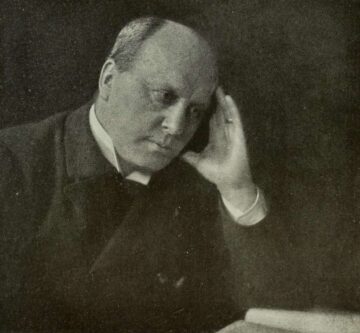 When Henry James decided to come to America in 1904 and 1905, his elder brother, William James, was not immediately pleased. William said that while his wife, Alice, would welcome his visit (she and Henry had a firm bond), he felt “more keenly a good many of the désagréments to which you inevitably will be subjected, and imagine the sort of physical loathing with which many features of our national life will inspire you.” There follows an account of how traveling Americans ate their boiled eggs, presumably in hotels and on trains, “bro’t to them, broken by a negro, two in a cup, and eaten with butter.” As a source of physical loathing, this seems a bit excessive: one might linger over William’s attempts to keep Henry’s visit at bay. William’s letter seems more to the point when he notes: “The vocalization of our countrymen is really, and not conventionally, so ignobly awful … It is simply incredibly loathsome.”
When Henry James decided to come to America in 1904 and 1905, his elder brother, William James, was not immediately pleased. William said that while his wife, Alice, would welcome his visit (she and Henry had a firm bond), he felt “more keenly a good many of the désagréments to which you inevitably will be subjected, and imagine the sort of physical loathing with which many features of our national life will inspire you.” There follows an account of how traveling Americans ate their boiled eggs, presumably in hotels and on trains, “bro’t to them, broken by a negro, two in a cup, and eaten with butter.” As a source of physical loathing, this seems a bit excessive: one might linger over William’s attempts to keep Henry’s visit at bay. William’s letter seems more to the point when he notes: “The vocalization of our countrymen is really, and not conventionally, so ignobly awful … It is simply incredibly loathsome.” In general, we view sexual jealousy as bad. Jealousy creates distrust and destroys harmony. It does not always cause the kind of outright physical violence it does in Othello, but it certainly does violence to one’s peace of mind and to one’s sense of security and comfort. Sexual jealousy can cause an otherwise dignified individual to become a snooping, creeping, paranoid obsessive. Jealous souls, as Shakespeare writes, “are not ever jealous for the cause, / But jealous for they’re jealous. It is a monster / Begot upon itself, born on itself.” It can lead to hatred, manipulation, control, and cruelty. In Othello, it leads directly to despair and to death. And yet its absence and the void it has left behind herald something more sinister and colder than the terror and grandeur produced by the hot-blooded, violent stirring of the human heart. Instead of a thunderstorm that frightens and awes, we are left with the dreariness of a gray drizzle that chills to the bone. Sexual jealousy is the proof of sexual love. It is the evidence of a love for another that is so total that to imagine another enjoying even a part of one’s beloved drives one to a crisis of meaning that turns toward rage and despair.
In general, we view sexual jealousy as bad. Jealousy creates distrust and destroys harmony. It does not always cause the kind of outright physical violence it does in Othello, but it certainly does violence to one’s peace of mind and to one’s sense of security and comfort. Sexual jealousy can cause an otherwise dignified individual to become a snooping, creeping, paranoid obsessive. Jealous souls, as Shakespeare writes, “are not ever jealous for the cause, / But jealous for they’re jealous. It is a monster / Begot upon itself, born on itself.” It can lead to hatred, manipulation, control, and cruelty. In Othello, it leads directly to despair and to death. And yet its absence and the void it has left behind herald something more sinister and colder than the terror and grandeur produced by the hot-blooded, violent stirring of the human heart. Instead of a thunderstorm that frightens and awes, we are left with the dreariness of a gray drizzle that chills to the bone. Sexual jealousy is the proof of sexual love. It is the evidence of a love for another that is so total that to imagine another enjoying even a part of one’s beloved drives one to a crisis of meaning that turns toward rage and despair.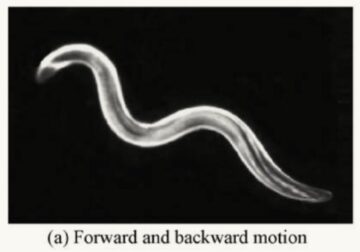 A near-perfect simulation of the human brain would have profound implications for humanity. It could offer a pathway for us to transcend the biological limitations that have constrained human potential, and enable unimaginable new forms of intelligence, creativity, and exploration. This represents the next phase in human evolution, freeing our cognition and memory from the limits of our organic structure.
A near-perfect simulation of the human brain would have profound implications for humanity. It could offer a pathway for us to transcend the biological limitations that have constrained human potential, and enable unimaginable new forms of intelligence, creativity, and exploration. This represents the next phase in human evolution, freeing our cognition and memory from the limits of our organic structure.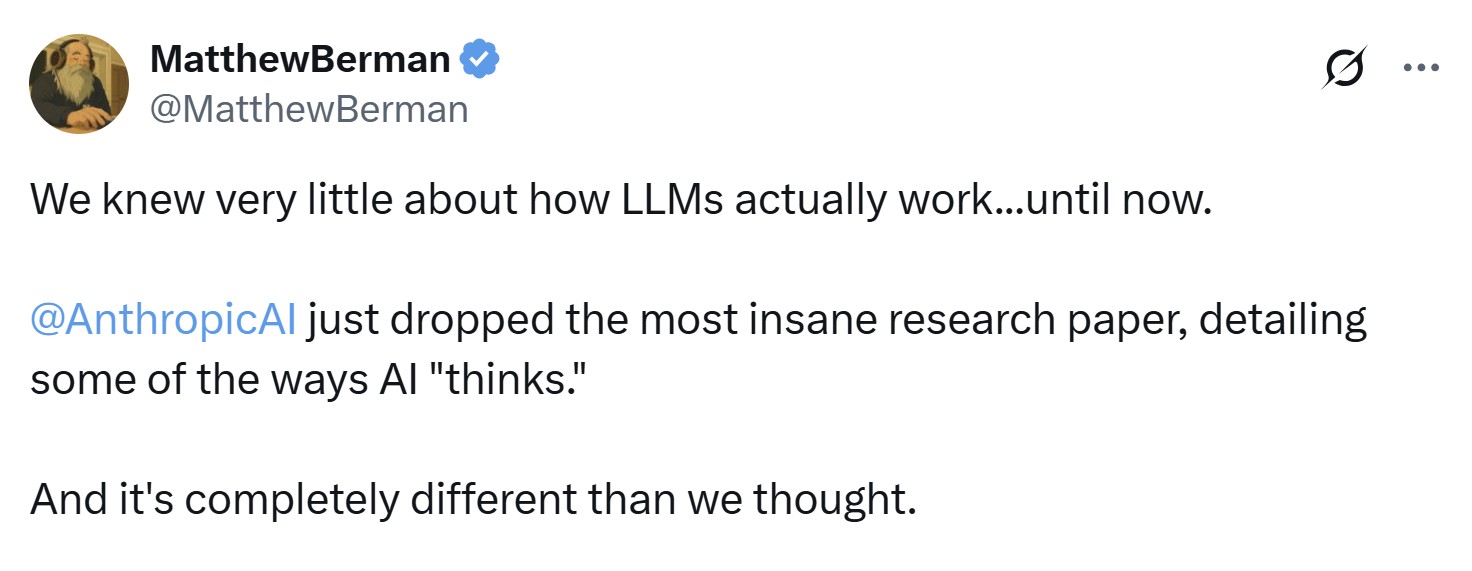
 It’s no secret that “driving while black” is a real phenomenon. Study after study has shown that minority drivers are ticketed at a higher rate, and data from speed cameras suggests that it’s not because they commit traffic violations more frequently. But this leaves open the question of why. Bias is an obvious answer, but it’s hard to eliminate an alternative explanation: Minority groups may engage in more unsafe driving, and the police are trying to deter that.
It’s no secret that “driving while black” is a real phenomenon. Study after study has shown that minority drivers are ticketed at a higher rate, and data from speed cameras suggests that it’s not because they commit traffic violations more frequently. But this leaves open the question of why. Bias is an obvious answer, but it’s hard to eliminate an alternative explanation: Minority groups may engage in more unsafe driving, and the police are trying to deter that. Wilhelm Rumpf is a naughty boy, and Schoolmaster Heinzerling isn’t having it. When Dr. Heinzerling walks into his classroom one morning to find Rumpf holding forth in an uncanny imitation of his own peculiar manner of address, he sentences him to three days in the school jail, or
Wilhelm Rumpf is a naughty boy, and Schoolmaster Heinzerling isn’t having it. When Dr. Heinzerling walks into his classroom one morning to find Rumpf holding forth in an uncanny imitation of his own peculiar manner of address, he sentences him to three days in the school jail, or  Square foot for square foot, the Frick has the densest concentration of masterpieces in America, installed alongside decorative objects in gloriously stuffy interiors. The art historian Bernard Berenson once sniffed that the Frick, founded by the morally compromised robber-baron philanthropist Henry Clay Frick, was just a “mausoleum.” Not true! Since Frick’s 1919 death, this stupendous museum has added countless gifts and acquisitions. A Watteau entered the collection in 1991. At the entrance is a wild Murillo self-portrait painted on a trompe l’oeil stone block that was added in 2014. At the Frick, we commune with the ages.
Square foot for square foot, the Frick has the densest concentration of masterpieces in America, installed alongside decorative objects in gloriously stuffy interiors. The art historian Bernard Berenson once sniffed that the Frick, founded by the morally compromised robber-baron philanthropist Henry Clay Frick, was just a “mausoleum.” Not true! Since Frick’s 1919 death, this stupendous museum has added countless gifts and acquisitions. A Watteau entered the collection in 1991. At the entrance is a wild Murillo self-portrait painted on a trompe l’oeil stone block that was added in 2014. At the Frick, we commune with the ages. What does it mean for a television show to be cinematic? It certainly doesn’t have to mean that the series in question is about the movie business, though that happens to be the case with The Studio, the new Apple TV+ comedy starring Seth Rogen and co-created by Rogen and his longtime creative partner Evan Goldberg (Superbad, Pineapple Express, Neighbors 2). In the first episode, Rogen’s Matt Remick becomes the new president of the venerable century-old Continental Studios when its previous head, industry legend and Matt’s onetime mentor Patty Leigh (Catherine O’Hara), is forced out of the job. Matt got into the business out of a love for classic cinema—he’s forever dropping references to everything from Goodfellas to Fight Club to I Am Cuba. But the realities of the 21st-century box office mean that his workdays revolve around meetings about acquiring the rights to the Kool-Aid brand name for a franchise that will star Ice Cube as the voice of an animated pitcher of red liquid.
What does it mean for a television show to be cinematic? It certainly doesn’t have to mean that the series in question is about the movie business, though that happens to be the case with The Studio, the new Apple TV+ comedy starring Seth Rogen and co-created by Rogen and his longtime creative partner Evan Goldberg (Superbad, Pineapple Express, Neighbors 2). In the first episode, Rogen’s Matt Remick becomes the new president of the venerable century-old Continental Studios when its previous head, industry legend and Matt’s onetime mentor Patty Leigh (Catherine O’Hara), is forced out of the job. Matt got into the business out of a love for classic cinema—he’s forever dropping references to everything from Goodfellas to Fight Club to I Am Cuba. But the realities of the 21st-century box office mean that his workdays revolve around meetings about acquiring the rights to the Kool-Aid brand name for a franchise that will star Ice Cube as the voice of an animated pitcher of red liquid.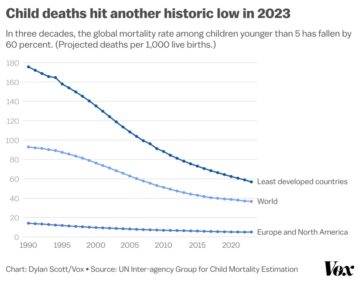 I was an English major in college, and my favorite poet was the first-generation Romantic William Wordsworth. For one thing, there’s the name, the best example of
I was an English major in college, and my favorite poet was the first-generation Romantic William Wordsworth. For one thing, there’s the name, the best example of